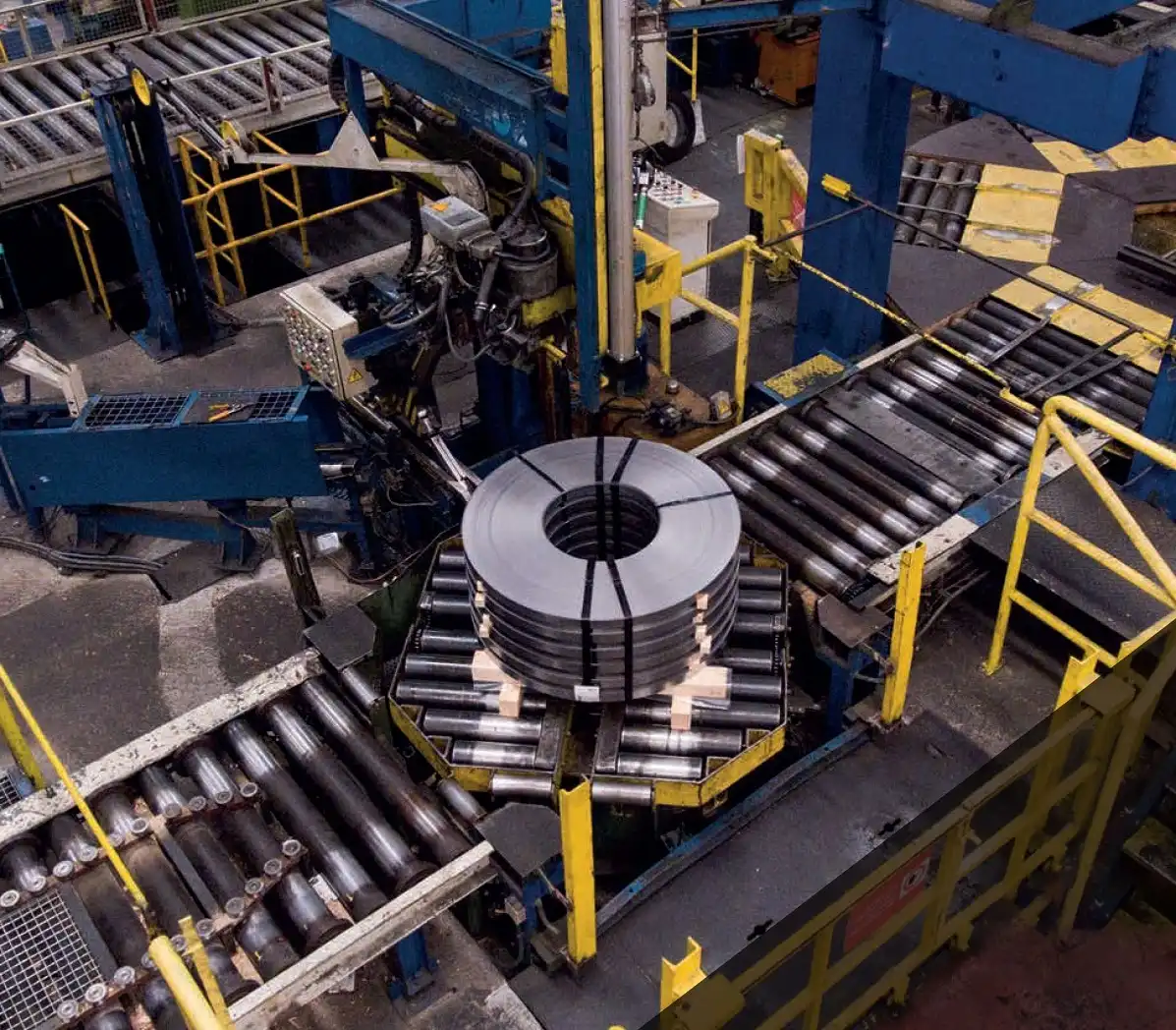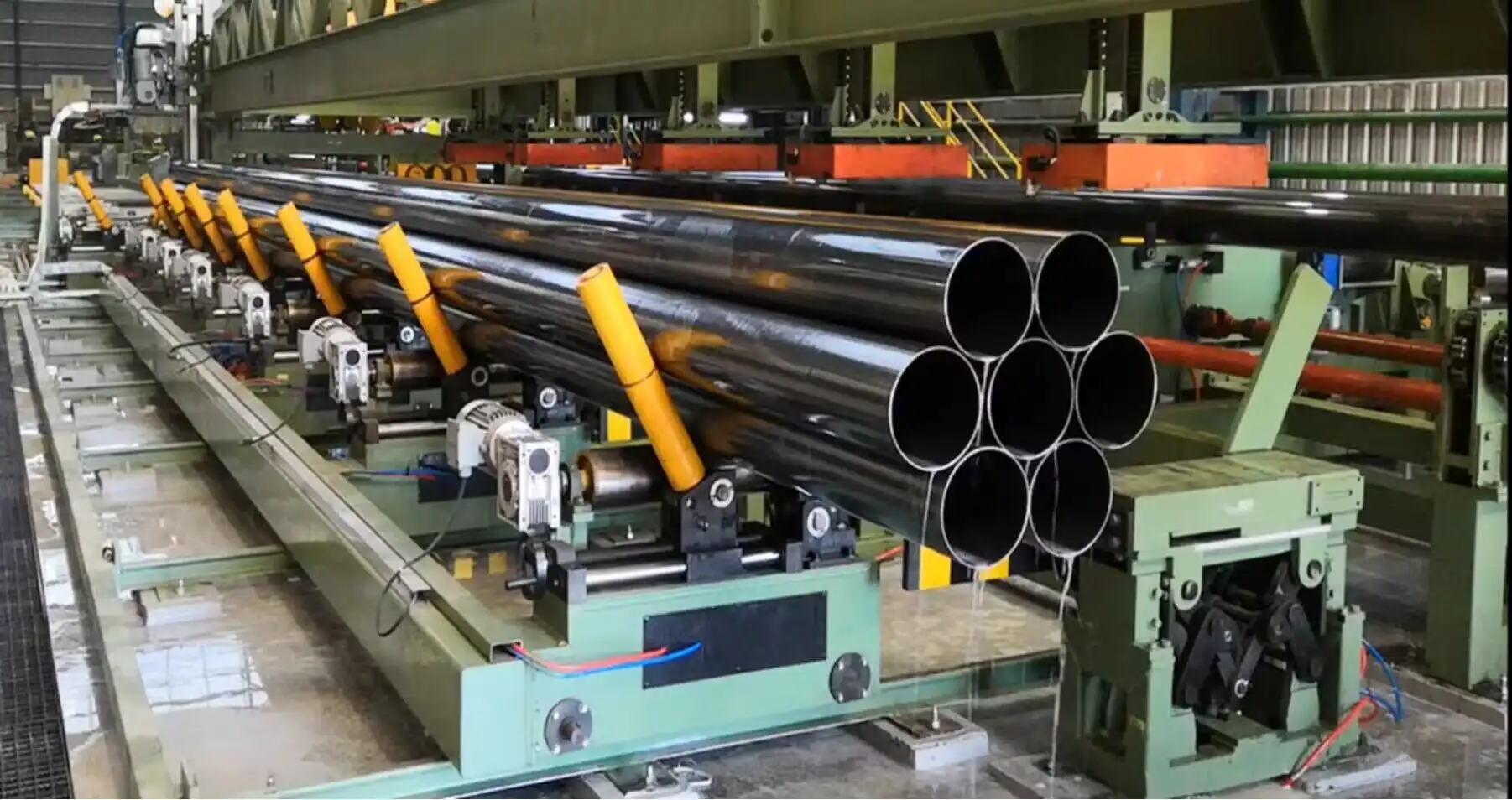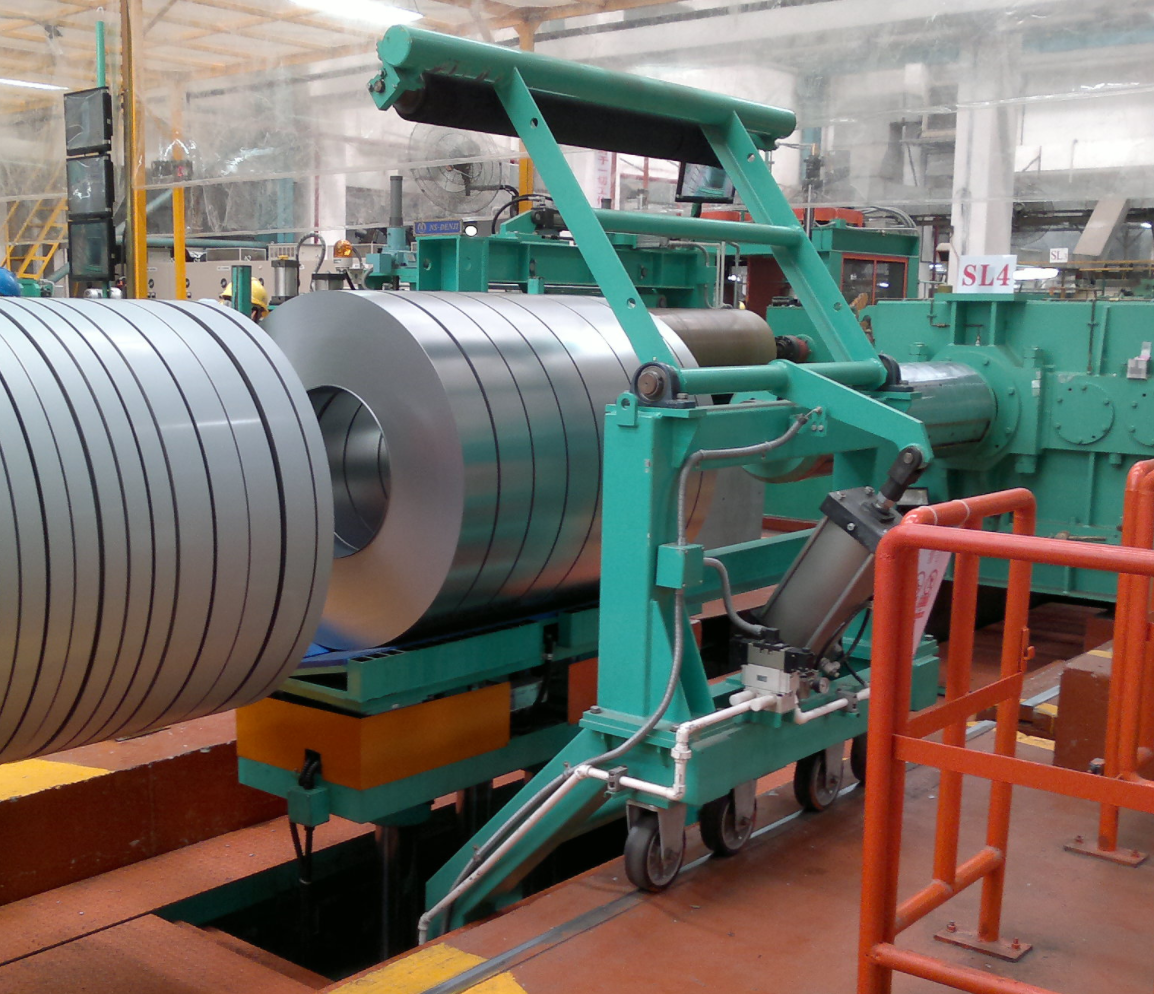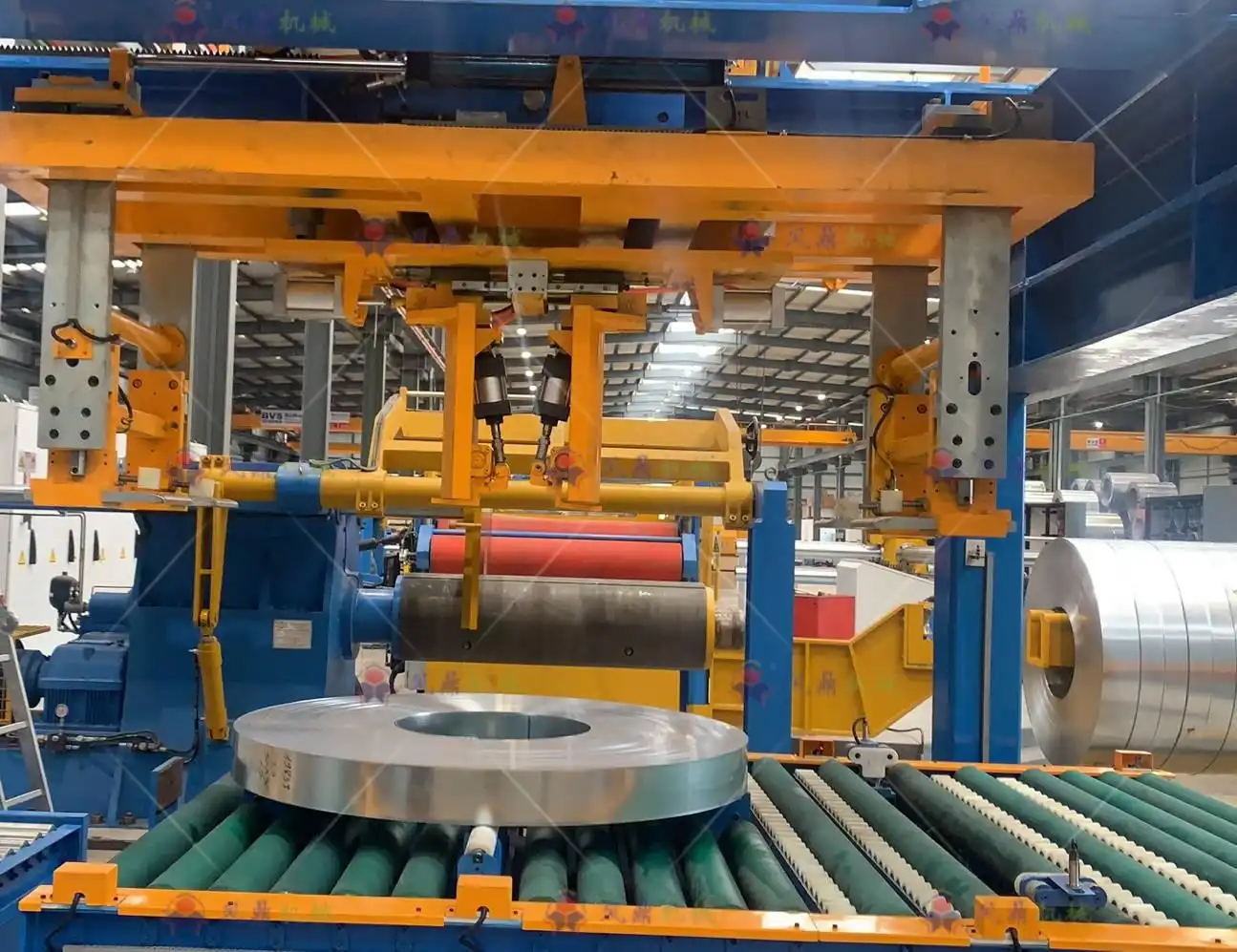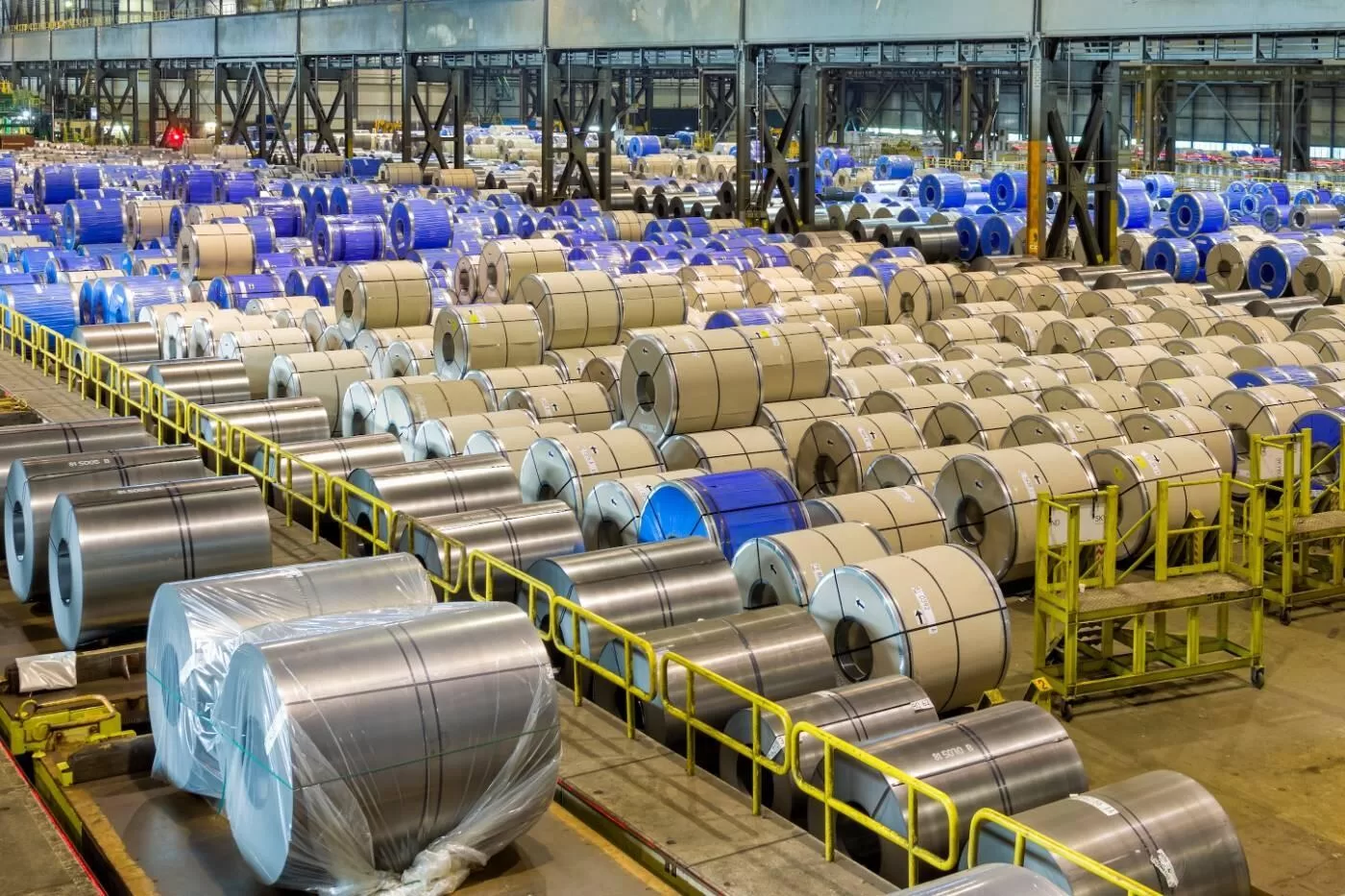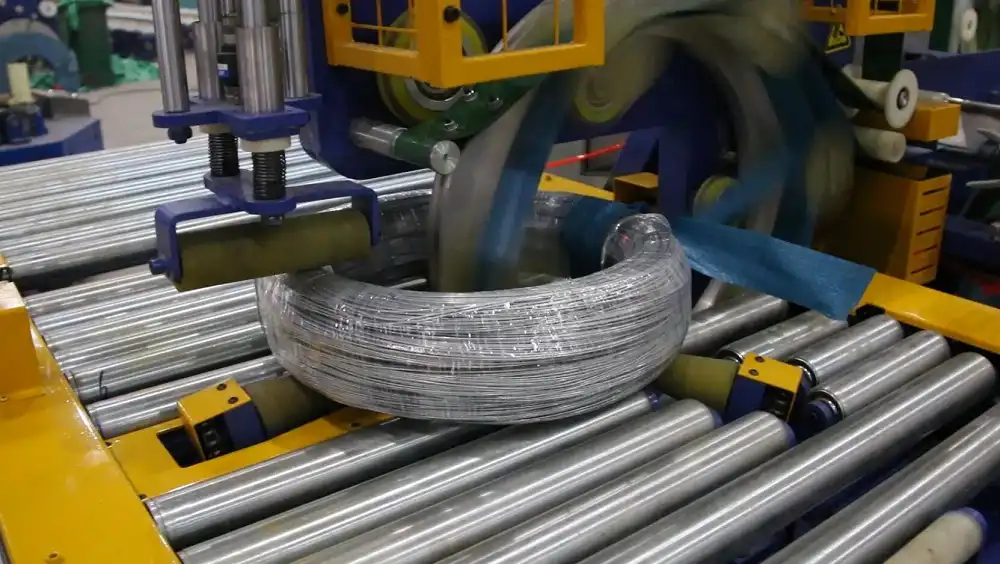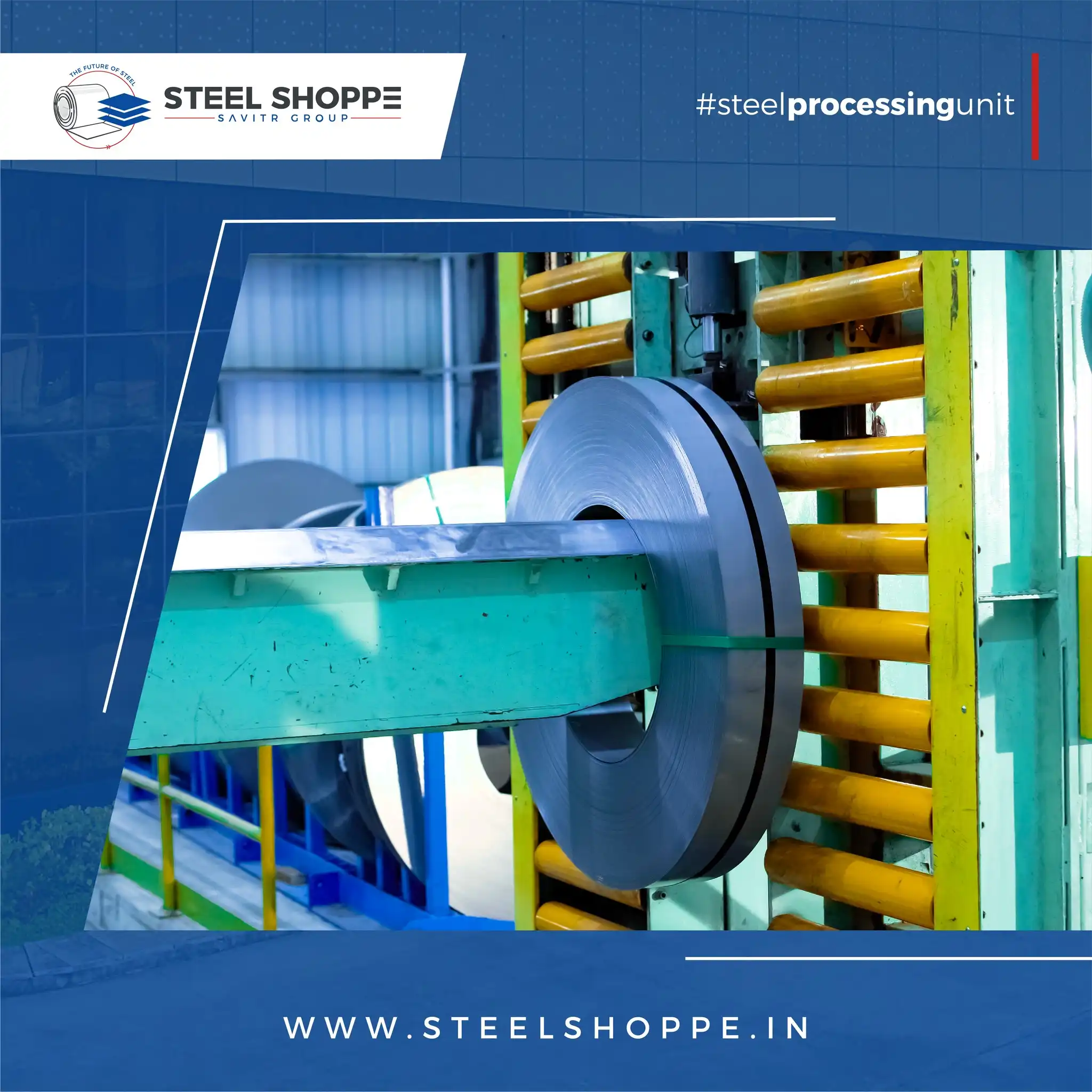Beyond the Band: Mastering Industrial Strapping for Optimal Load Security and Efficiency
Strapping might seem like the last, simple step in getting products out the door, but let’s be honest – how many of us have seen the costly aftermath of a failed strap? A dropped pallet, a shifted load in transit, damaged goods, customer complaints, or worse, a safety incident on the shop floor or loading dock. In manufacturing, fabrication, and distribution, the humble strap is a critical component of load containment and security. Getting it right isn’t just about compliance; it’s about efficiency, protecting your product integrity, ensuring safety, and ultimately, saving money.
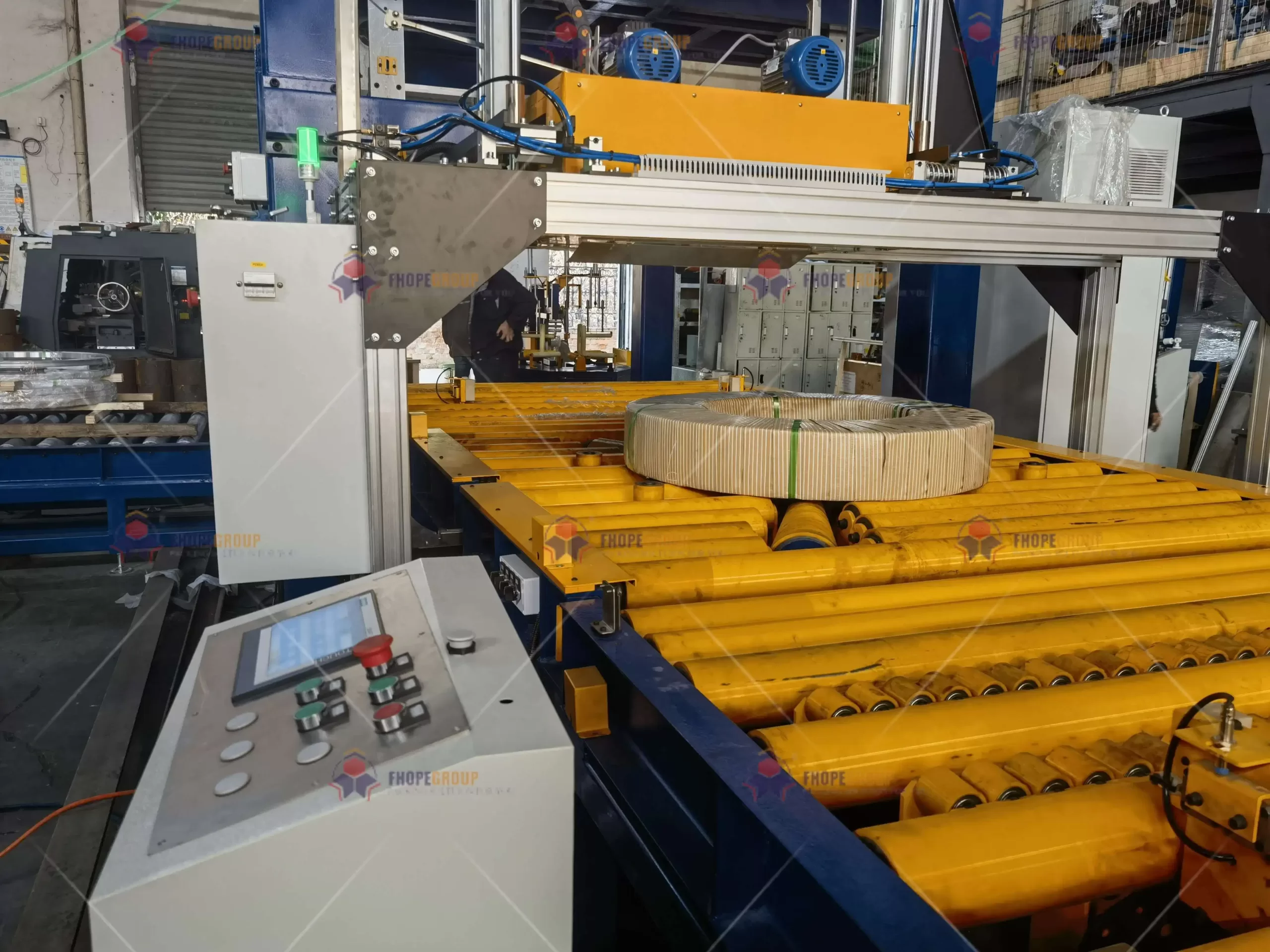
The Material Matrix: Choosing Your Weapon
The foundation of any strapping strategy is the material itself. Each type comes with distinct properties, advantages, and limitations.
1. Steel Strapping: The Heavyweight Champion
Still the king for ultimate strength and rigidity, steel strapping is the go-to for the most demanding applications.
- Technical Data:
- Regular Duty (RD): Tensile strength ~850 N/mm² (123,000 psi)
- High Tensile (HT): Tensile strength >1100 N/mm² (160,000 psi)
- Elongation: <1-3%
- Properties: Low stretch, excellent rigidity, various rust-inhibiting finishes
- Best For: Heavy loads with sharp edges, minimal stretch requirements, AAR-approved shipments
- Safety Note: Requires heavy-duty gloves and eye protection
2. Polypropylene (PP) Strapping: The Economical All-Rounder
The most common plastic strapping, offering a balance of cost-effectiveness and performance.
- Technical Data:
- Tensile strength: 250-400 N/mm² (36,000-58,000 psi)
- Elongation: 15-25%
- Properties: Lightweight, flexible, moisture-resistant but UV-sensitive
- Best For: Light-duty bundling, carton closing, uniform pallet loads
- Limitation: Prone to tension loss over time (creep)
3. Polyester (PET) Strapping: The High-Performance Polymer
Often called "synthetic steel," bridging the gap between PP and steel.
- Technical Data:
- Tensile strength: 500-850 N/mm² (72,000-123,000 psi)
- Elongation: 5-12%
- Properties: Excellent tension retention, UV/moisture resistant
- Best For: Medium-to-heavy duty applications, palletizing bricks/lumber

4. Woven & Composite Cord Strapping: The Strong & Gentle Solution
Polyester fibers bonded or woven into fabric-like straps.
- Technical Data:
- Break strengths often exceed steel
- High shock absorbency
- Properties: Lightweight, flexible, weather/chemical resistant
- Best For: Heavy, awkward, or sensitive equipment
The Connection is Key: Strapping Tools and Sealing Methods
Tool Types
-
Manual Tools:
- Cost-effective for low volumes
- Requires operator skill for consistent tension
-
Pneumatic Tools:
- Faster, more consistent tension
- Requires compressed air supply
-
Battery-Powered Tools:
- Portable with consistent tension
- No air lines needed
-
Semi-Automatic & Automatic Machines:
- Essential for high-volume packaging
- Reduces labor, ensures consistency
Sealing Methods
- Metal Seals (Notch/Crimp): 50-75% joint efficiency
- Friction Weld Seal: 75-90%+ joint efficiency
- Heat Seal: Common for light duty PP
- Buckles: Allows re-tensioning
Shop Floor Strategies: Best Practices
- Match Material to Application
- Maintain Consistent Tension
- Use Edge Protection
- Proper Tool Maintenance
- Prioritize Safety:
- Always wear PPE
- Never stand in line with tensioned straps
- Secure dispensers properly
- Optimize Strap Placement Patterns
Choosing the Right System
Consider:
- Volume requirements
- Load characteristics
- Workflow integration
- Budget constraints
- Supplier partnership
Conclusion
Industrial strapping is an engineered system crucial for product protection, safety, and efficiency. By understanding material properties, tooling technologies, and implementing best practices, you can transform strapping from a vulnerability into a competitive advantage.
